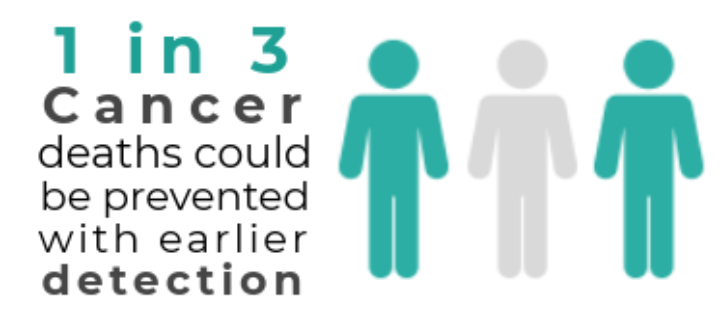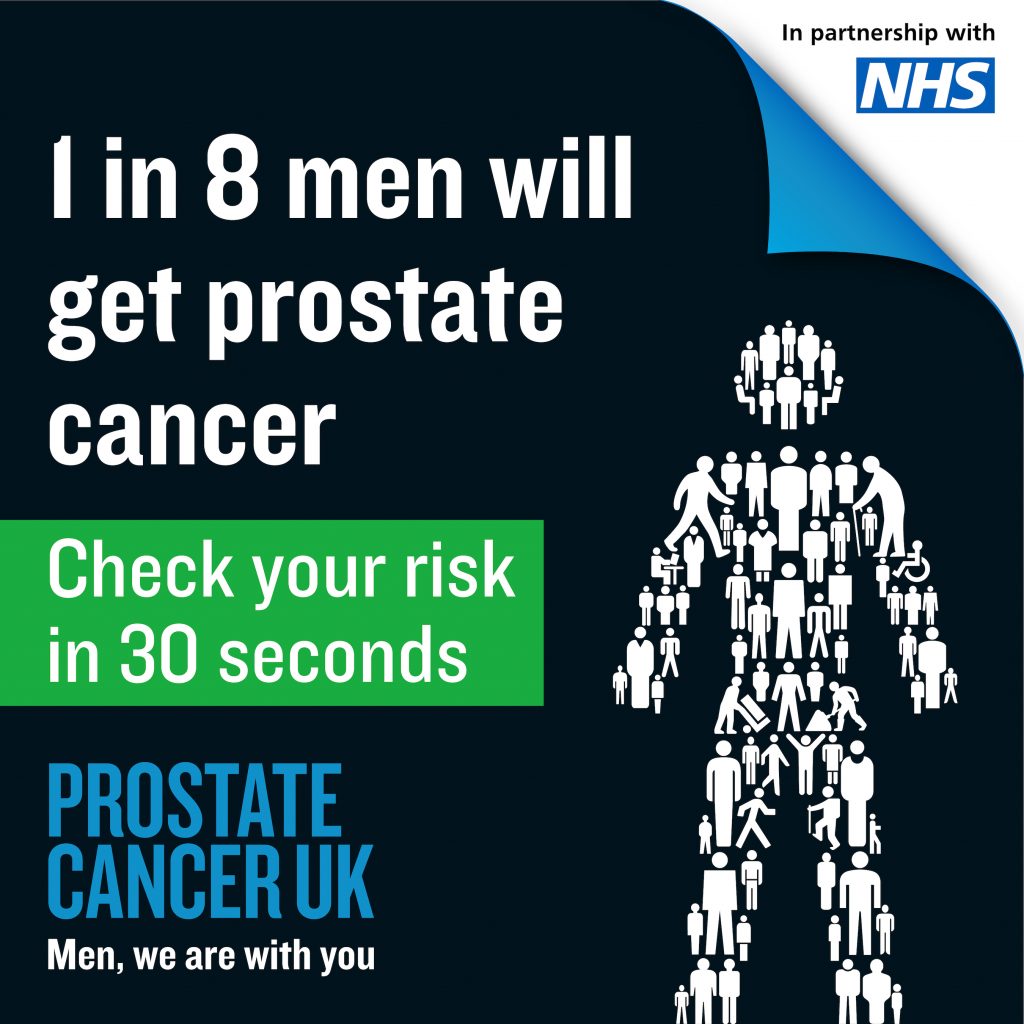Cancer Screenings and Learning Difficulties
The NHS runs three cancer screening programmes.
These are:
- Breast screening
- Cervical screening
- Bowel screening
It can be difficult for people with learning disabilities to take part in cancer screening.
It is important to find out if people have cancer as early as possible. This makes it easier to treat.
Please use the links below to view videos and pictures that explain what happens during each screening process.

Bowel Screenings
- If you’re aged between 60 and 74, you will be invited to take part in bowel cancer screening every two years.
- If you’re aged 75 or over, you can ask for a screening test by calling the free bowel cancer screening helpline on 0800 707 60 60
- Call the screening helpline on 0800 707 60 60 or visit NHS for more information about bowel screening in England
Breast Screenings
- If you’re a woman aged 50 up to your 71st birthday, you’ll be automatically invited for breast screening through your GP practice every three years.
- If you want to ask for an appointment because you’re 71 or over and are no longer automatically invited for screening, you’ll need to contact your local screening unit.
- Find out how to contact your local screening unit on the NHS website.
Cervical Smear Screenings
The table shows when you will be invited for a Cervical screening.
| Age | When you’re invited |
|---|---|
| under 25 | up to six months before you turn 25 |
| 25 to 49 | every 3 years |
| 50 to 64 | every 5 years |
| 65 or older | only if 1 or your last 3 tests was abnormal |
Women between the ages of 25 and 64 should go for regular cervical screening, you’ll get a letter in the post inviting you to make an appointment.
Your letter will tell you where you can go for cervical screening and how to book. Most cervical screening is done in a GP surgery by a female nurse or doctor.
Call your GP surgery to book an appointment with them.
For more information about Cervical Screenings visit the NHS website.
Prostate Cancer Screening
What is Prostate Cancer?
Prostate cancer can develop when cells in the prostate start to grow in an uncontrolled way.
Some prostate cancer grows too slowly to cause any problems or affect how long you live. Because of this, many men with prostate cancer will never need any treatment.
But some prostate cancer grows quickly and is more likely to spread, this is more likely to cause problems and needs treatment to stop it spreading.
Signs and Symptoms
Prostate cancer that’s contained inside the prostate doesn’t usually causes any symptoms, that’s why it’s important to know about your risk.
But some men might have some urinary problems, these can be mild and happen over many years and may be a sign of a benign prostate problem, rather than prostate cancer.
Find out more information about the possible symptoms of prostate cancer.
Are you at risk?
In the UK, about 1 in 8 men will get prostate cancer in their lifetime.
Prostate cancer mainly affects men over 50, and your risk increases with age; the risk is even higher for black men and men with a family history of prostate cancer.
Find out more about your risk.
For more information about Prostate Cancer, please visit Prostate Cancer UK.

